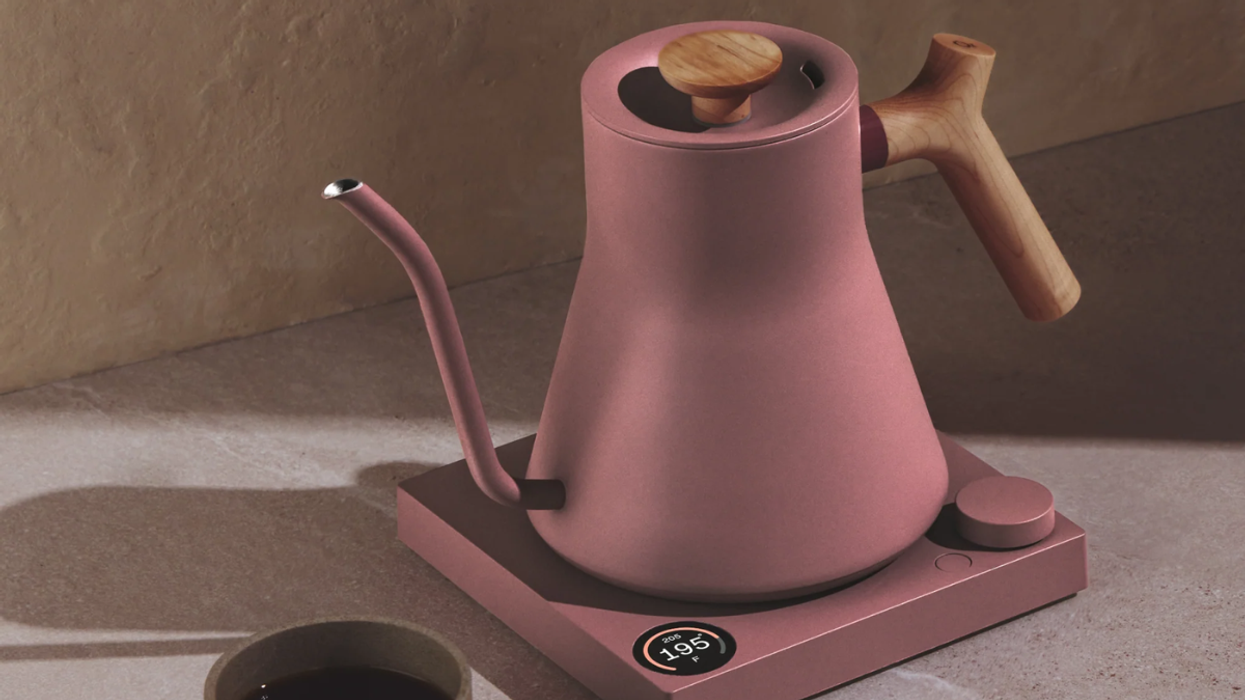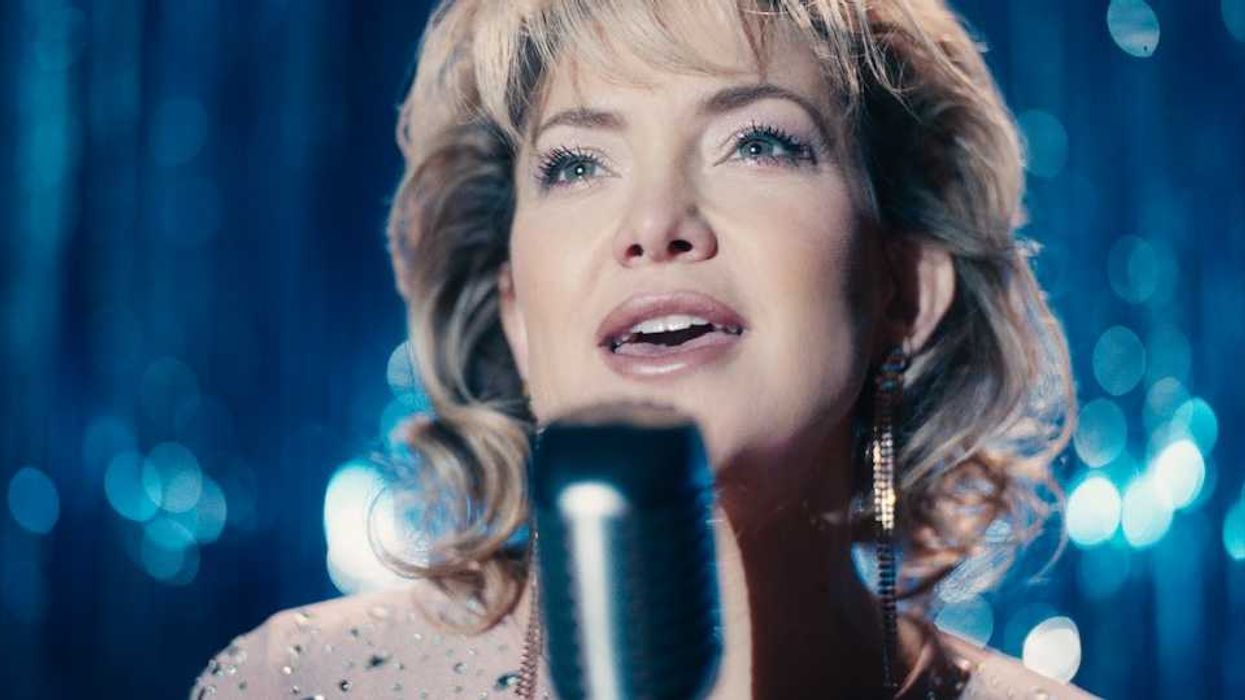Broadway's biggest night just got even better!
Ariana DeBose Will Host The Tony Awards Again This Year

Stephanie Nieves is a writer, editor, teacher, and personal empowerment enthusiast from Spanish Harlem in NYC. She studied writing and rhetoric in college, then went on to teach ELA and writing to middle and elementary school students. Her work has been featured in Business Insider, Thought Catalog, FGRLS Club, Grown Magazine, and a number of literary magazines. When she's not writing, you can catch her watching reruns of RuPaul's Drag Race or ordering an overpriced dirty chai latte at Starbucks. You can connect with her on wordchefsteph.com.
Ariana DeBose is ready to do the thing again as she prepares to host The 76th Annual Tony Awards. The West Side Story actress and Broadway babe will host the Tony Awards live from United Palace in New York City on Sunday, June 11. You can tune into the awards show on CBS at 8 p.m. ET/ 5 p.m. PT, or stream it live on Paramount+. Here's everything we know about the Tony Awards so far!
“I was honored to serve as host last year and even more so to be asked back! So looking forward to celebrating this incredible season and the people who make the work happen,” DeBose said in a statement. “Here’s to adding some uptown flavor to the magic of the Tony Awards!”
DeBose is a Broadway veteran, with roles in Summer: The Donna Summer Musical (2018), A Bronx Tale: The Musical (2016), Hamilton (2015), Pippin (2013), Motown: The Musical (2013), and Bring It On: The Musical (2012). She also won an Oscar for her role as Anita in Steven Spielberg's remake of West Side Story, and was even nominated for a Tony herself in 2018.
News of DeBose's latest hosting gig comes months after she brought the house down with an opening number at the 2023 BAFTAs, where she celebrated the night's women nominees.
What Ariana Debose Perform At The 2023 BAFTA Awards
Where can I watch the Tony Awards?
The 2023 Tony Awards will air on CBS Television Network at 8 p.m. ET/ 5 p.m. PT, and will be available on demand on Paramount+.
When will Tony nominations be announced?
The eligibility cut-off date for the Tony Awards this season is Thursday, April 27. Nominations will be announced on Tuesday, May 2.
Fingers crossed she gives us another banger with her opening number this year! 🤞
Keep up with all things entertainment at Brit + Co! And be sure to sign up for our newsletter to catch up on everything you might have missed!
Header image courtesy of Disney


















